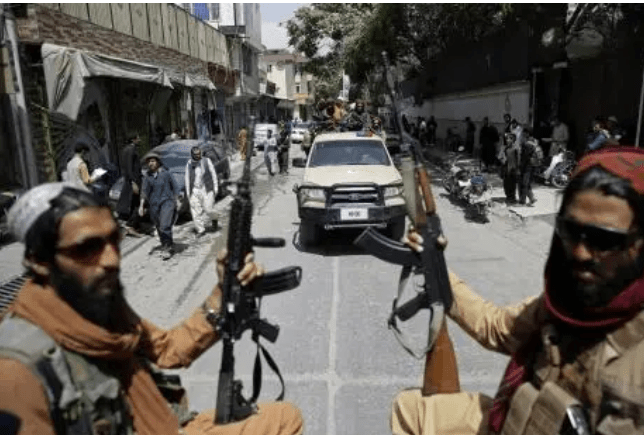Revenge Killings by the Taliban in Afghanistan Will Not Stop

Extrajudicial executions under the Taliban regime in Afghanistan are documented in a new United Nations study that makes for sad reading. The investigation backs up concerns about how the Taliban has treated former government security forces.
There were reprisal executions and enforced disappearances of former police, army, and intelligence personnel when the Taliban gained control of Afghanistan in August 2021. Even after two years, these serious infractions have not ceased.
According to the United Nations Assistance Mission in Afghanistan (UNAMA), the four months after the Taliban takeover were the most violent for the previous Afghan National Defense and Security Forces (ANDSF). UNAMA found 148 cases of extrajudicial murders throughout the time. From the beginning of 2019 through the end of 2022, UNAMA recorded 70 new cases of extrajudicial killing, and it has continued to do so until 2023. Former Afghan Army man shot dead by Taliban security on May 17 in Takhar province.
Former ANDSF members have also been arbitrarily arrested by the Taliban, who have often kept them incommunicado and given no explanation for their captivity. Family members sometimes complain that they have been kept in the dark about their loved ones’ location and the reasons for their detention. Such occurrences conform to a trend established by Human Rights Watch and constitute enforced disappearance under international law. According to a recent example cited by UNAMA, the relatives of a former soldier searched multiple detention centers in Paktya province for their loved one. The Taliban held his corpse for three months before returning it to his family.
Alia Azizi, the former director of the Women’s Prison in Herat, vanished in October 2021 after being ordered by the Taliban to return to her post, and she has not been seen since. This case is highlighted in the UNAMA report.
It is claimed in the study that Taliban authorities have sought to minimize the severity of the problem by blaming “personal enmity or revenge” for the deaths and disappearances. Although they claim to have investigated and disciplined employees who committed infractions, they have not made the outcomes of those efforts public.
Despite the Taliban government’s offer of amnesty to former members of the security forces, local commanders have continued to carry out retribution attacks. The Taliban’s leadership must stop any additional bloodshed, bring the perpetrators to justice, and pay the victims’ loved ones.






